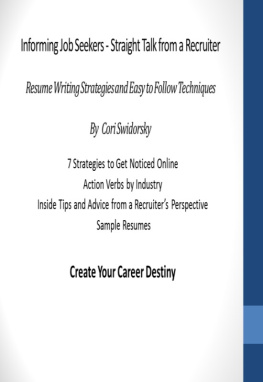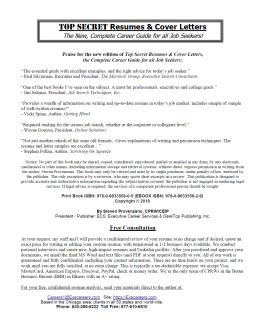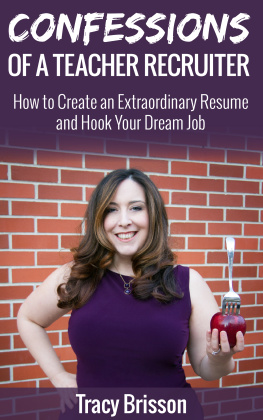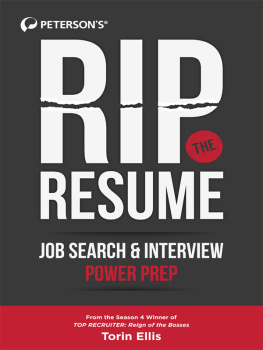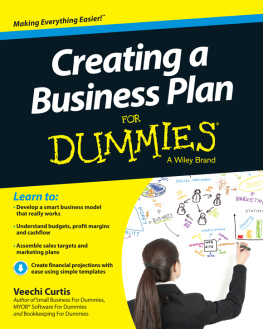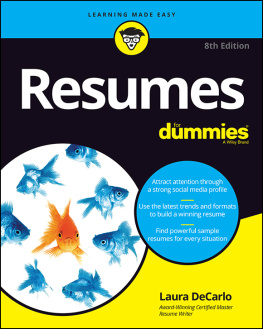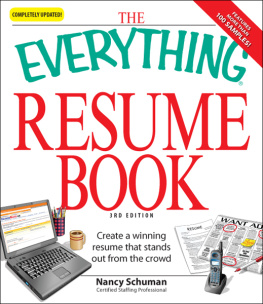About the Author Eleven-year recruiter, sourcing specialist and job search strategist Cori Swidorsky, offers job search training, workshops, mentoring and resume writing from the perspective of a recruiter. Cori sources and recruits for various industries including Information Technology, Engineering, Automotive, Supply Chain and Logistics, and Manufacturing. She has supported companies such as Progressive Insurance, Honeywell, Grainger Industrial Supply, Siemens and Tesco. Cori is a Co-Author of 101 Great Ways to Enhance Your Career and has been writing instructional and advice articles since 2007 on topics such as, job search strategies, career resources, working from home, and empowerment. She writes for Examiner.com as the Pittsburgh Career Resources and Career Coach Examiner and has been featured on www.newgradlife.com and www.eHow.com. She is the owner of www.InformingJobSeekers.com providing job search strategies, tips, and workshops that help people create their own career destiny. Cori is a single mother of two daughters and resides in Pittsburgh, Pennsylvania.
She earned her Bachelor of Science in Business Administration Management from California University of Pennsylvania. Cori volunteered her time at the Pennsylvania Governors Conference for Women in 2010 providing free resume consultations and participates in the PA eMentoring Program, which offers guidance to high school students about college and career choices. Contact Information: Email-LinkedIn-http://www.linkedin.com/in/1on1careerhelp Twitter-@recruitercori , @1on1careerhelp Facebook-https://www.facebook.com/pages/Informing-Job-Seekers/144090602311016 The information contained in this book is Copyright2012 by Cori Swidorsky. It may not be copied, sold, re-distributed, or stored in any information storage or retrieval system, under any circumstances, without express written permission from the author. All violators will be prosecuted to the fullest extent of the law. ISBN: 9781620952153 TopicsHow to Write a Powerful Resume A resume has to accomplish 3 goals: 1. To be found 2.
To be read 3. To generate a response In order to accomplish those goals, the information on your resume must have the keywords to be found, be interesting enough to be read, and to include information that tells an employer what you can do for them that will generate a return on their investment. Resume Format The resume needs to grab an employers attention within the first 20 to 30 seconds of being read. In order to do that, the top of your resume should include a powerful opening statement followed by achievements. Opening Statement: Think of this statement as your own personal branding tool which means marketing yourself in a unique way. Example: An experienced Retail Operations Executive, who engages cuttingedge technologies to help global retail companies achieve aggressive revenue growth and improve operating, cost objectives. Achievements: This section should include 3 to 5 achievements that include what you did and the result. Achievements: This section should include 3 to 5 achievements that include what you did and the result.
Its the tasks you did and what the outcome was when you completed the task. This section can include any awards or recognition you received for the work you have completed. Example: Enhanced staff morale through a six-month incentive program that also instigated a major increase in sales. The remainder of your resume will include Professional Work History, Education and Training Keyword Competencies: This section could be at the beginning of your resume or very end of your resume. This is a list of relevant keywords that recruiters and HR use when searching for resume. You should put as many relevant keywords that describe your technical skills, potential job title, and anything that would be considered buzz industry words.
Look at job descriptions in your field to get an idea of what keywords seem to be consistent throughout those jobs. Example: A computer programmer could have a keyword section that looks like this. C++, Java, HTML, software development, application development, troubleshooting, problem solving, project management. Resume Formatsis there a right or wrong format? There are many different resume writing theories and techniques. There isnt just one right way. It depends on who is looking at it and if you have the information they are interested in finding.
The typical resume formats include: Functional Chronological Combination Targeted How I approach resume writing is by stressing that the resume is your marketing tool, its what gets you a face to face interview or even initial contact. Companies want to know how you are going to help them be more successful, what you will be able to do for them to help them be more productive, and how you are able to help them make more money. The resume should make them want to talk to you further. I dont think theres a right or wrong format to use, as long as it does what you need it to do. Resumes are uploaded into a database so a pretty resume with fancy fonts, dividers, and colors, will get distorted in the system. Once the resumes are uploaded in the database, they are now searchable by keywords.
I personally think job seekers shouldnt over analyze creating a resume. Since my 11+ years of recruiting; I have never had an employer request a resume to be in a function or chronological format. They just want to see a resume that is easy to read, professional looking and the keywords they are looking for. Do not wait; the time will never be just right. Start where you stand, and work with whatever tools you may have at your command, and better tools will be found as you go along. Napoleon Hill Resume Objectives Objectives on a resume could offer a variety of meanings such as, summarizing your qualifications or stating the type of position you are seeking and your career goals.
I have seen objectives in paragraph form, only being one sentence, as well as just being one word. I feel that its more effective using Job Target instead of Objective. Job Target states what position you are applying for and should be changed every time you apply for a position that has a different title. I personally do not take the time to read an objective too often, I am usually scanning the resume for keywords that will jump out at me, letting me know this candidate has the skills I am looking for. There are times that I have scanned through the objective and see that the candidate did highlight how they were a fit for the position they were applying for. I dont think there is a right or wrong answer for the question of using objectives on a resume.
My suggestion would be to use a Job Target and then a Profile highlighting your qualifications, such as: Job Target Marketing Communications Manager Profile Responsible for all marketing communications material and developing content for websites, newsletters, and sales materials Energy and persistence conquer all things.
Benjamin Franklin 12 things you should not have on your resume The information on a resume should be related to your career goals. It should be easy to read and someone should be able to glance over the resume and know who you are, how to reach you, the kind of work you are capable of doing, and why you are qualified to do that kind of work. Heres a list of 12 things that should not be listed on a resume: Marital status Age/Sex/Race Date of Birth Height and weight Pets/Children/Hobbies Photo Salary information GPA ( if not a above 3.5 or if not a recent graduate) Unprofessional email address Social Security Number Political and Religious Affiliations Jobs more than 15 years ago With competition high in the job market you cant afford to be putting useless information on your resume. You have one shot to impress an employer with your resume so keep it on target with your skills and experience. Nurture your mind with great thoughts, for you will never go any higher than you think. Benjamin Disraeli (1800s British Statesman and Prime Minister)
Next page
